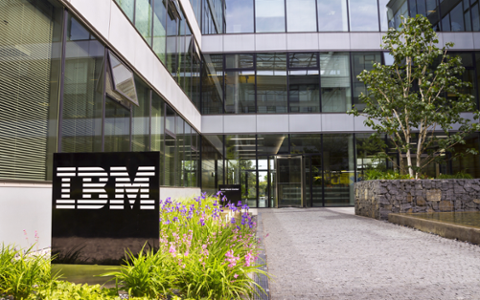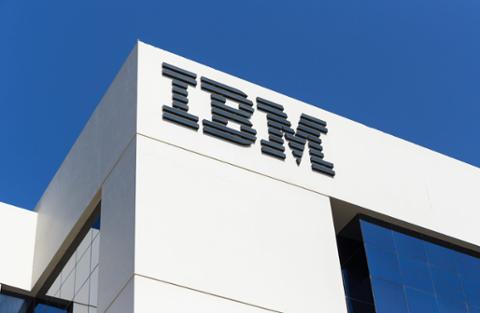Artificial intelligence (A.I.) could have a much larger role to play in fast food, thanks to IBM and McDonald’s entering a “strategic partnership,” according to CNBC. Under the terms of this deal, IBM will use A.I. and voice-recognition technologies to help the fast-food giant automate its drive-thru lanes.
McD Tech Labs, McDonald’s tech incubator, will become part of IBM. McD Tech Labs began its existence as Apprente, an A.I. software company acquired by McDonald’s in 2019. Over the summer, McDonald’s tested the Labs’ automated drive-thru ordering at 10 Chicago restaurants; the system was accurate roughly 85 percent of the time. McDonald’s executives likely hope the partnership with IBM will boost that accuracy further.
There are a couple of interesting things to unpack here. First, you’ve probably heard the phrase, “Every company is a tech company.” And that’s certainly true, at least in the sense that companies must utilize everything from web development to data analytics in order to survive and prosper. As the IBM and McDonald’s deal makes clear, A.I. and machine learning will likely become key parts of many companies’ technology setup in coming years; no matter what the industry or company, A.I. will help automate processes, deal with customers, and more.
“Every company is an A.I. company” is potentially good news for technologists interested in A.I. and machine learning. According to Burning Glass, which collects and analyzes millions of job postings from across the country, jobs that heavily involve machine learning may grow 76.3 percent over the next 10 years. More than 220,000 job postings over the past 12 months mentioned “machine learning” in a meaningful way. Learning the principles of A.I. and machine learning now will possibly give your career a huge boost in the future. (If you’re a technologist at any kind of chain-restaurant or fast-food company, A.I. will definitely play a bigger role as others seek to catch up to IBM and McDonald’s.)
Second, IBM is clearly leaning hard into A.I. and machine learning as a pathway forward, especially in a business-consulting context. Although Big Blue missed capturing the cloud-infrastructure market (and seems unlikely at this juncture to claw much market-share back from AWS and Azure), it could leverage its A.I. research work into more of these kinds of partnerships. It’s a bold strategy that might work—so long as other tech giants don’t try exactly the same thing.
Third, the sophistication of automated tools could radically accelerate in coming years. Already, companies all over the world are using automation and integration tools to unleash their digital transformation. Learning more about automated processes can unlock new opportunities; consider making it a focus as you plot out your training in 2022 and beyond.



